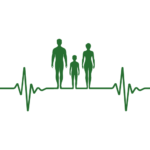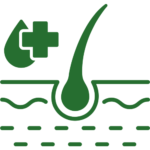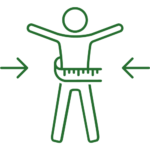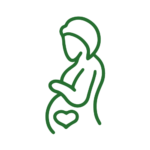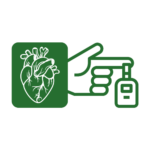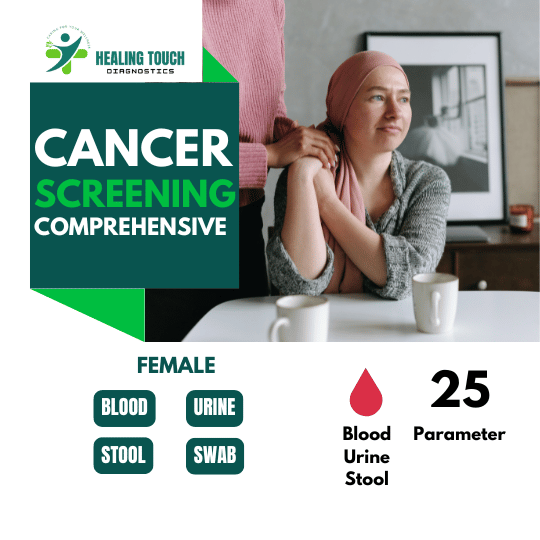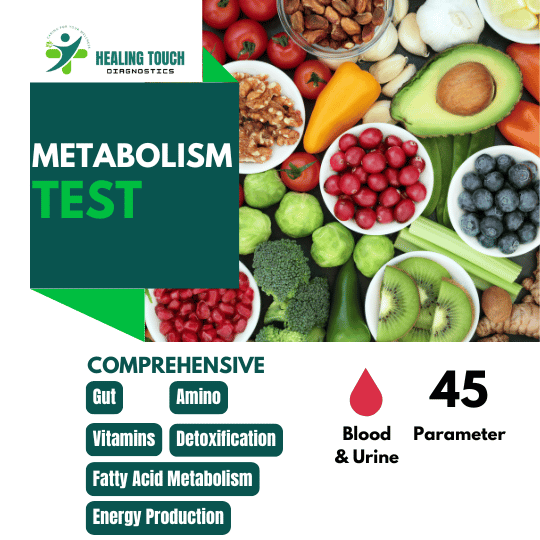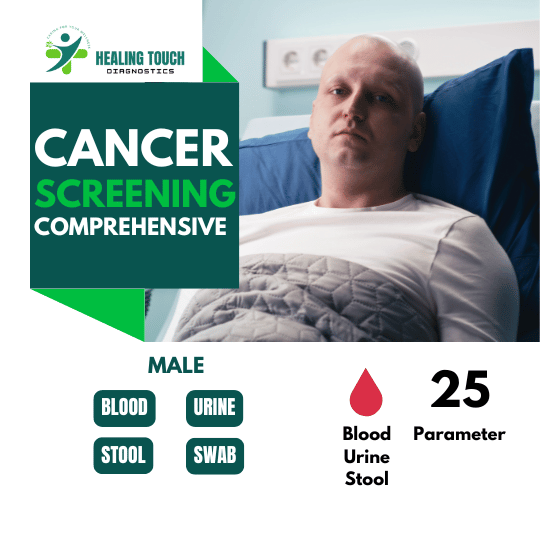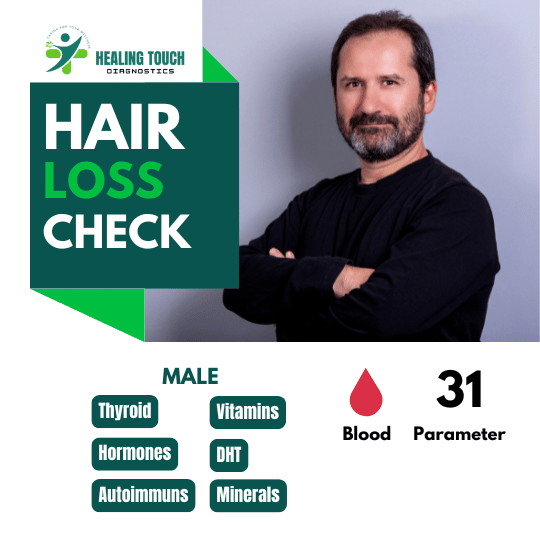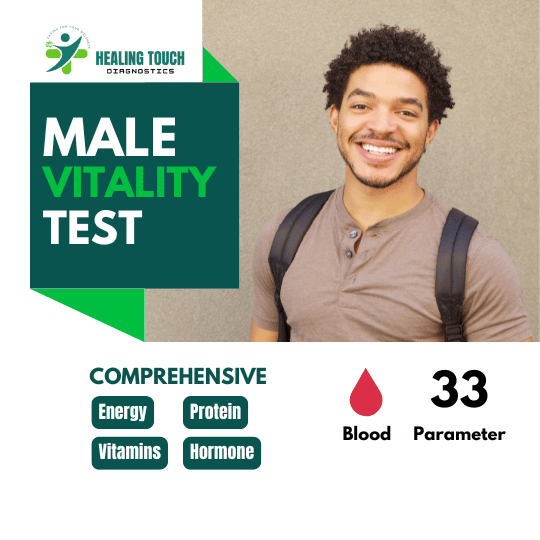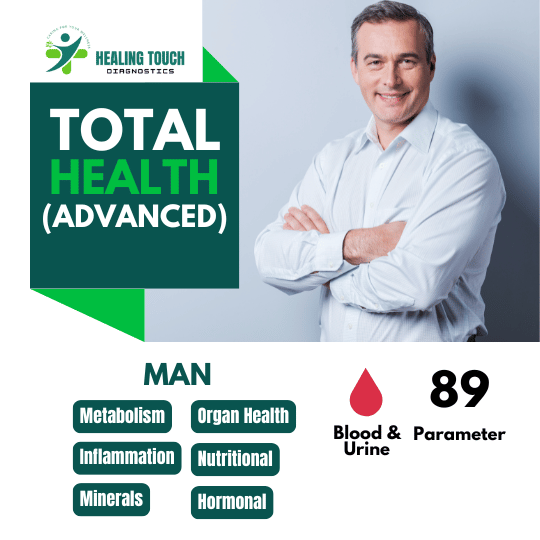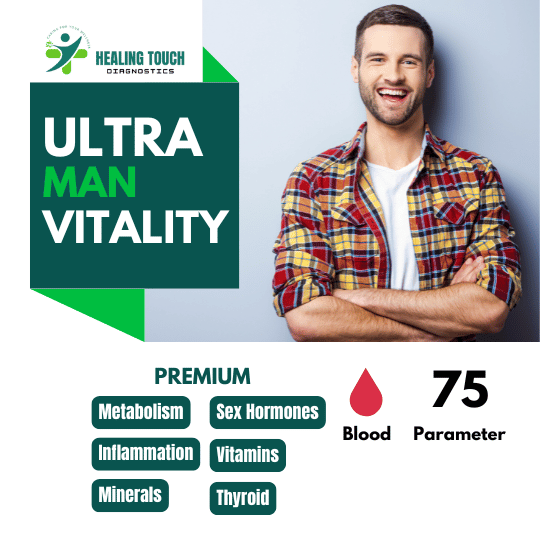To help diagnose certain cancers of the liver, testicles, or ovaries
CEA is normally present at very low levels in the blood but may be elevated with certain types of cancer. Originally, it was thought that CEA was a specific marker for colon cancer, but further study has shown that an increase in CEA may be seen in a wide variety of other cancers.
To screen men for prostate cancer
To help diagnose gestational trophoblastic disease or germ cell tumors
CA 15-3, is a tumor marker for many types of cancer, most notably breast cancer. It is a protein that is produced by normal breast cells. In many people with cancerous breast tumors, there is an increased production of CA 15-3 and the related cancer antigen 27.29. CA 15-3 does not cause cancer; rather, it is shed by the tumor cells and enters the blood
To help diagnose and monitor C-cell hyperplasia and medullary thyroid cancer; to screen those at risk for multiple endocrine neoplasia type 2 (MEN 2)
To monitor treatment of thyroid cancer and to detect recurrence
to aid in the diagnosis of pancreatic cancer
- CBC (Complete Blood Count)
This common blood test measures the amount of various types of blood cells in a sample of your blood. Blood cancers may be detected using this test if too many or too few of a type of blood cell or abnormal cells are found
 Comprehensive Test Range
Comprehensive Test Range
 State-of-the-Art Facilities
State-of-the-Art Facilities
 Easy Slot Booking
Easy Slot Booking
 Quick Results
Quick Results
